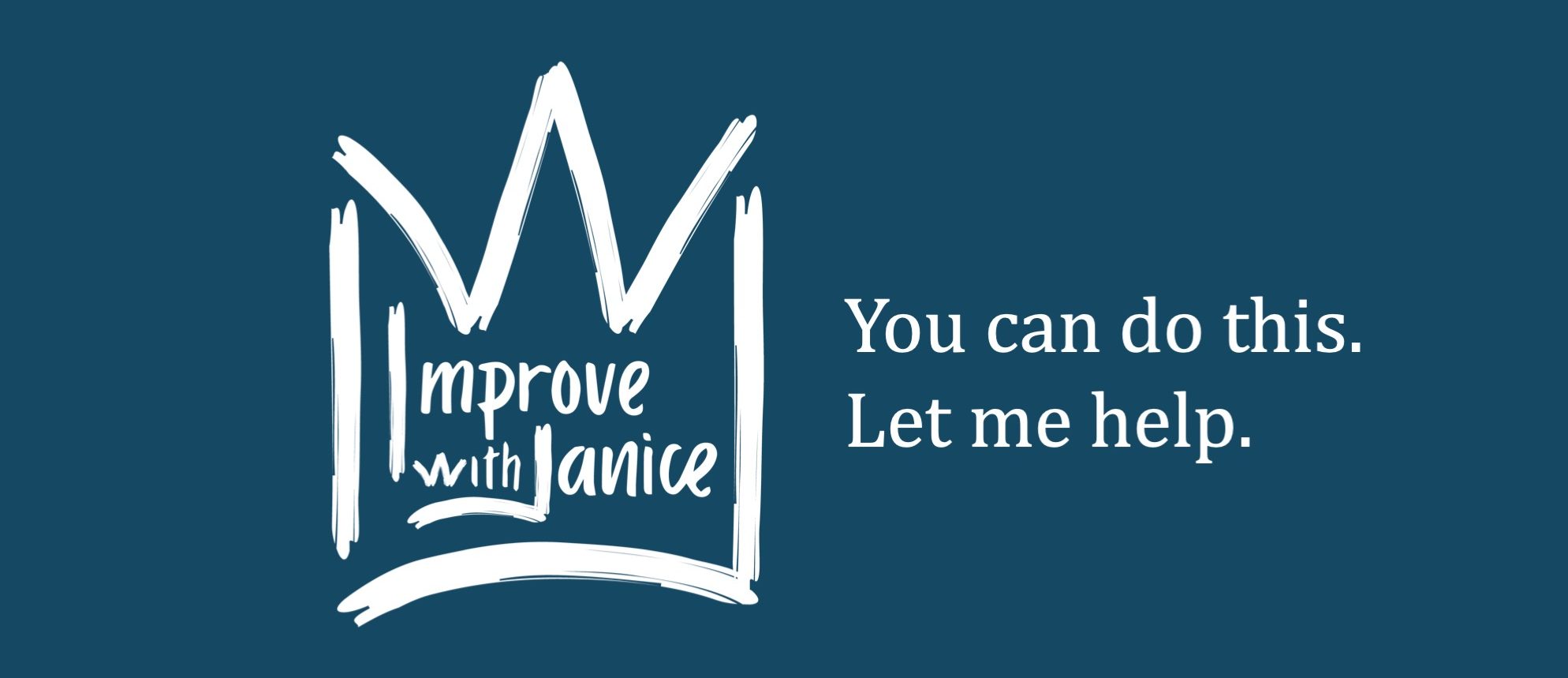Expectations: Self-assessment to Reduce “Future Resentment”
01/03/2021
Happy 2021 Improvers! With a much-anticipated changing calendar year, it’s easy to get entranced with expectations of what the new year will bring. New resolutions, goals, motivation, successes, and growth. And while it’s great to use the momentum of the changing year, if that’s your thing, here is food for thought:
“Expectations are resentments waiting to happen”
Anne Lamott
Read it again—this time slower—and let it marinate. Expectations are resentments waiting to happen. If you are expecting something, you have a mentally pictured progression of events and anticipated outcome. BUT, do you have the necessary items and actions in place? Even so, it is not guaranteed.
Our expectations can have blind spots.
- Blind spot #1: When we mentally pre-determine the future, we frequently omit alternate endings.
- Blind spot #2: Many expectations are subconscious.
For example, if I make dinner, I will be appreciated for the effort. If I crank my car, it will start. If I do well at work, my job will not be at risk. And yet we know that is not always the case.
When these expectations don’t pan out, there can be a bevy of emotions—surprise, hurt, wounded self-worth, questioned loyalties—which can evolve into resentment.
Since successfully predicting every outcome is not plausible, a better option is to understand your expectations and better prepare for deviations. Using the following questions, perform a quick self-assessment of expectations and use that knowledge to hopefully lessen future resentments.
Self-assessment Tool for Expectations:
1. What are my expectations?
Am I cooking dinner to be praised for the efforts or to nourish myself and loved ones?
2. Are my expectations reasonable?
If my car is 20+ years old with more than 180,000 miles on it, some expectations from a decade ago will not be as reasonable as they once were.
3. What are my motives?
Am I taking on extra work/projects to be a team player, to better service the client, or because I assume it provides me a security of sorts? Frequently when we do actions for the experience vs the accolades, this makes it easier to adopt the “come what may” mentality.
4. Are my expectations fair & customary?
Aren’t most first dates generally awkward vs. instant free-flowing banter and steaming allure. Permit yourself (and them) a different perspective when reality dictates that it takes most people more interactions to make meaningful connections.
5. What am I assuming will happen today that could go differently?
From the traffic to the interpersonal conversations, allowing for variability or understanding that not all things go as planned can improve the daily experience.
6. What are reasons why it’s ok if things turn out differently?
Did you step on the scale after a month of healthier eating and regular exercise but the number is *not* in line with your expectation? Why is it ok? Maybe your energy is higher or your pants are looser. Perhaps neither are true but you are proud for sticking to the program vs. finding excuses to skip a day.
7. What is an opportunity that I have from unmet expectations?
Is there a way to capitalize on an unexpected result? Can you find a creative pivot? Does this afford you a motivating drive to act or think differently? Silver linings abound when you look for—and even create—them.
As you refine your expectations, continue to reference these questions as needed. What can you change with your new knowledge?
Want additional guidance? Schedule a consult at www.improvewithjanice.com.

[…] we can “Optimize and Work Harder,” we can also strive to make the workload realistic and avoid future resentment related to expectations. If you are still unable to meet demands despite your best efforts, additionally consider if your […]
[…] it’s largely impossible to feel fully prepared for something new, you can work to adjust your expectations for a more accurate measurement of success. Additionally, education is largely helpful with helping […]
[…] ourselves, there are plenty of tips and trips directed at making habits, prioritizing time, and more. There are so many options that it can be overwhelming to know where to start. Here’s a simple, […]